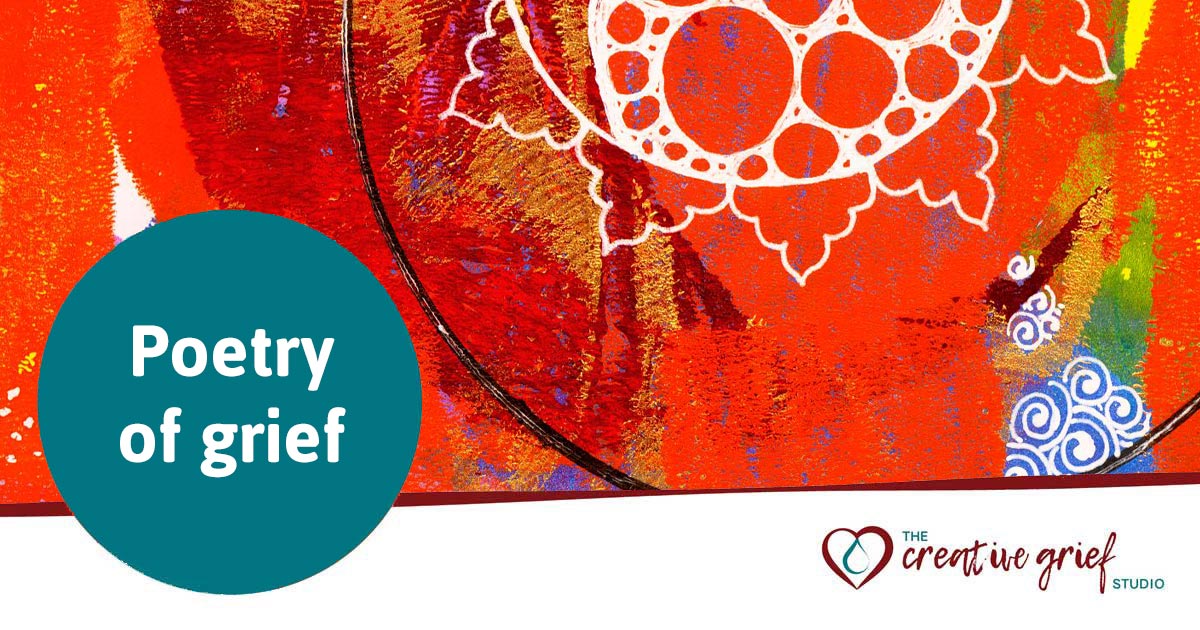So many different creative mediums
Often when we speak of using creativity in grief support, people assume that we mean painting and drawing. While the visual arts are one very accessible way of employing creativity (especially painting and drawing, but there are many other visual art forms), in our Certification in Creative Grief Support, we teach that there are many many other ways of being creative, and of using creativity to support processes of reviewing and re-creating meaning after loss. The written word is just one other creative medium, and of course there are many ways that one might use the written word too!
Writing as a creative medium
Writing can be a really great medium for your clients who have a lot to say, and find that the 60min or even 90min session is too short. These clients who are often quite detail-oriented and perhaps prefer a slower processing style often find that writing is a comfortable way to process and then be witnessed when their writing is shared. Writing can also be a more comfortable form of creativity for those who “fear” art-making or perhaps have been recruited into ideas about art-making either being a bit “childish” or needing to look good.
Reading for creativity
Related to writing is reading. You may have clients who’d prefer to read and reflect upon another author’s words about their grief experience, before trying to find their own words. Remember that it’s not about producing “impressive” or “good” written products. It’s all about helping your clients to use creativity to get into contemplative spaces, and to reflect upon and articulate their experiences and preferred future developments. Maybe you might simply invite a client to collect resonant quotes on the topic of grief, and to decorate these!
Narrative questions for creative exploration
Some ways you might offer your clients opportunities to explore their grief through writing include asking them:
- Have you tried intersecting with poetry to see what meaning making can be found in the words of others?
- Who are your favorite poets?
- If you are on social media, have you ever asked others to share their favorites with you?
- What metaphors for grief have held the most meaning for you?
- How has poetry held a record of various lives or aspects of the grief experience for you?
- Have you explored poetry prompts from sources like Walking On Alligators and other books?
- Have you explored poetry as medicine as John Fox’s Poetic Institute has offered it?
And then consider your own use of story and poetry in your work:
- Which have you given greater priority to: grief theory or poetry about grief?
- How do you use poetry or quotes to open conversations or reflect back understanding or a sense of belonging to your clients?
- How do you use metaphor in your conversations about grief?
- What literature has been resonant, inspiring, or sustaining for you, in your own grief experiences and in your grief support work?
- How could you draw closer to these sources of literary inspiration and sustenance?
Explore more about using creativity in grief support
Whether you’re an accomplished artist, simply have a curiosity for the role of creativity in grief support, or even have a fear of making art (maybe *especially* if you have a fear of making art!), you’ll find that our Certification in Creative Grief Support will expand your ideas about what creativity is and how it can be used to support people who are struggling with grief to make comforting, hopeful meanings after loss. Find out more about what’s covered in our 4-month online Certification in Creative Grief Support and apply to join the next class here.

